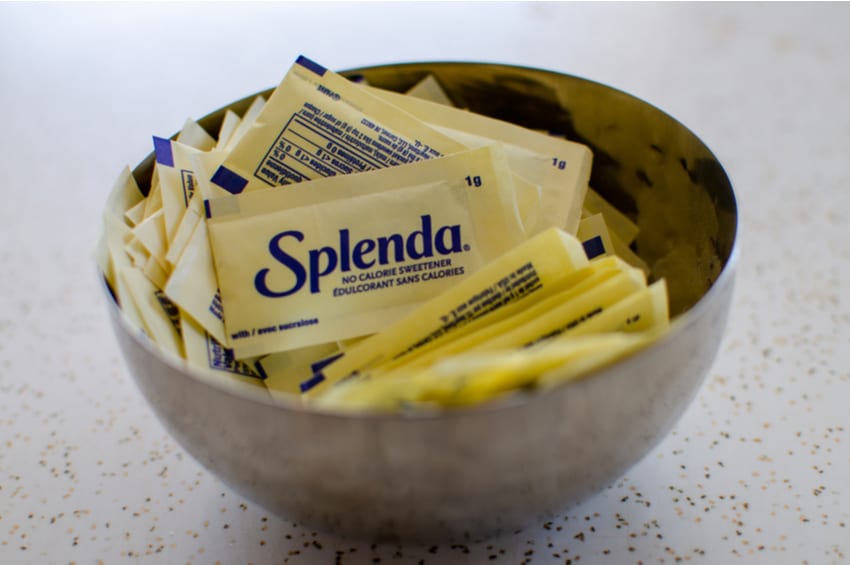Does Sucralose Cause Cavities

Sucralose, commonly known by the brand name Splenda, is an artificial sweetener used as a low-calorie alternative to sugar in foods and beverages. One of the primary reasons people opt for sucralose and other artificial sweeteners is to reduce their sugar intake, which is a major contributor to tooth decay and cavities. However, the question remains whether sucralose itself can cause cavities or contribute to oral health issues.
To understand the relationship between sucralose and cavities, it’s essential to delve into how sucralose is metabolized by the body and its effects on oral health. Unlike sugar, which is a carbohydrate that feeds the bacteria in the mouth, leading to the production of acid and potentially causing cavities, sucralose is not metabolized by these bacteria. This characteristic suggests that sucralose should not contribute to the formation of cavities in the same way sugar does.
Mechanism of Action
Sucralose is approximately 600 times sweeter than sugar, making only a small amount necessary to achieve the desired sweetness. When ingested, the majority of sucralose is not digested and is excreted in the feces. A small percentage is absorbed into the bloodstream but is excreted unchanged in the urine, indicating that it does not undergo significant metabolism in the body. This lack of metabolism by oral bacteria is a critical point in understanding why sucralose does not contribute to cavities in the same manner as sugar.
Oral Health Impact
Numerous studies have been conducted to evaluate the impact of sucralose on oral health. These studies have generally found that sucralose does not promote tooth decay. The American Dental Association (ADA) has stated that sugar substitutes like sucralose are useful for people who are trying to manage their weight or reduce their intake of sugars, and they can be part of a healthy diet when consumed in moderation.
However, while sucralose itself may not contribute to cavities, it’s crucial to consider the overall dietary context and oral hygiene practices. Foods and beverages containing sucralose may also contain other ingredients that could potentially affect oral health. For example, acidic beverages, even if sweetened with sucralose, can erode tooth enamel, making teeth more susceptible to decay.
Potential Misconceptions
There is a common misconception that because artificial sweeteners like sucralose are not sugar, they do not require good oral hygiene practices. This is incorrect. Regardless of sugar intake, regular brushing, flossing, and dental check-ups are essential for maintaining good oral health. Additionally, some research has suggested potential effects of sucralose on the gut microbiome, but these findings are not conclusive, and more research is needed to understand any possible implications for oral health.
Conclusion
In conclusion, sucralose does not cause cavities. Its chemical structure and the way it is metabolized by the body mean that it does not provide a source of energy for the bacteria in the mouth that contribute to tooth decay. However, it’s essential to maintain good oral hygiene practices, regardless of the type of sweetener used. Consuming a balanced diet, limiting sugary and acidic foods and drinks, and practicing regular dental care are key to preventing cavities and ensuring overall oral health.
Is sucralose safe for dental health?
+Sucralose is generally considered safe for dental health. It does not contribute to tooth decay and is useful for individuals managing their sugar intake or weight. However, it’s crucial to maintain good oral hygiene practices.
How does sucralose affect the bacteria in the mouth?
+Sucralose is not metabolized by the bacteria in the mouth, unlike sugar. This means it does not provide the bacteria with the energy they need to produce acid, which can lead to cavities.
Can foods containing sucralose still affect oral health?
+Yes, even though sucralose itself does not contribute to cavities, foods and beverages containing it may have other ingredients, such as acids, that can affect oral health. Regular dental care and a balanced diet are essential.

